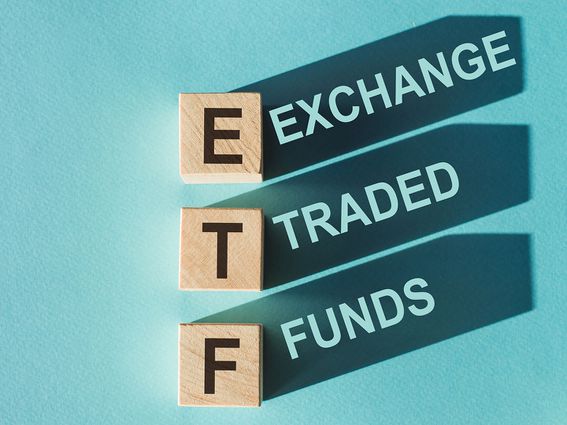The exchange-traded fund (ETF) is celebrating its 30th anniversary this year. When the first ETF was created in 1993, few people could have envisioned how transformative this investment product would be over the coming decades. In the early 1990’s, it was normal for mutual funds to charge between 1.00%-2.00+% in annual operating expenses, in addition to front-end and back-end sales charges (fees assessed to retail investors for purchasing and redeeming shares), that brokers would charge. The capital markets were seen as a place only the wealthy could participate in, and there was some truth to that. The idea of a passively managed investment vehicle that could give retail investors broad exposure to hundreds, or thousands, of stocks at an extremely low cost (<0.25%) was nonsensical.
State Street Advisors had a different take, as they launched the first ever ETF – SPDR S&P 500 ETF Trust (symbol: SPY) in 1993. This product’s objective was to track the performance of the S&P 500 index – giving investors exposure to 500 US based companies across 11 different sectors and 24 different industries. From 1993 to present day, this single investment vehicle has accumulated over $390M in assets. As the years have gone by, many different investment management companies have excelled in the ETF space – from Blackrock, Vanguard, and Fidelity to name a few. The exchange-traded fund has democratized investing and the success of the product is in the numbers. As of 2022, ETF’s had approximately $7 trillion in assets!

Here at LeConte, the single largest investment product we use for our clients is the exchange-traded fund. There are numerous reasons, but 3 of the most important are:
- Diversification/Risk Management. Helps to mitigate undesired portfolio risk and provides global exposure.
- Low Cost. As we have a fiduciary obligation to act in our client’s best interest. (LWM receives no commission from placing client assets in ETFs)
- Rebalancing Portfolios. The ability to actively (and efficiently) trade ETF’s – indexes, sectors and industries – as macroeconomic conditions change.
As the financial industry continues to change, you may want to consider the following questions and evaluate your current portfolio:
- Do you know the current expense ratios of the funds you hold?
- Is your investment portfolio filled with mutual funds that charge 1%+ in annual operating expenses?
- If the answer is yes, are those high expenses justified – are the funds outperforming their benchmarks?
- If the funds are underperforming, have you asked your advisor (or self) each fund’s purpose in your portfolio?
If you don’t know the answers to the above questions, call us at 865-379-8200. Our process, Purpose Built Planning™ allows our team to perform a detailed analysis on your investment portfolio to provide insight on what changes you may need to make. Put our experienced, trusted team to work for you!
